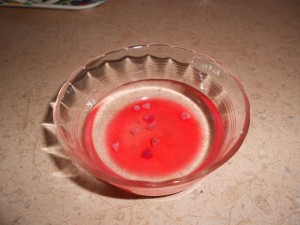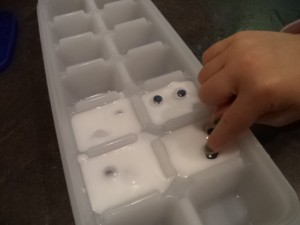Instead of kids can be friends with science, maybe this should be adults can be. Kids are always exploring and trying things out to see what happens. For us, kids’ science play isn’t such fun when we answer 300 questions a day or wait while a child throws double that number of rocks in the lake. But, science play is full of wonder for kids and it can easily be part of your child’s day.
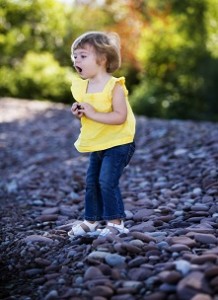
Science play can happen in a sink or container with water. Young toddlers to older preschoolers enjoy pouring, scooping, and swishing water. Add a few small containers and spoons, with and without holes for them to play with. Some things will float and some sink. Let your child try other objects like a jar lid, an old toothbrush, a small stone, a popsicle stick, a straw and other bits to check and see what floats and sinks. A word of caution—make sure the object is too big to go down the drain when you pull the plug.
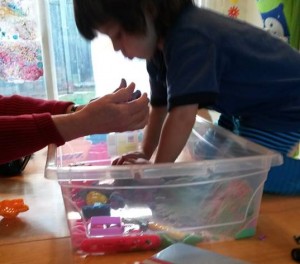
Cooking includes science too. What happens when food is mixed together? Stirring changes flour and butter into a batter, but it doesn’t change apples, oranges, and berries when they are mixed in a fruit salad. When cookie batter is baked in the oven, it changes even more.
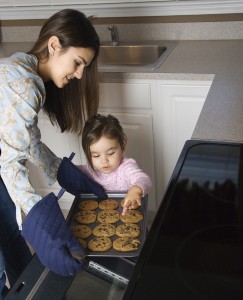
A simple walk around the block can connect a child to science too. What’s the weather doing? Each day the sky will change and, on the ground, there will be some new things to see and some the same as the day before.
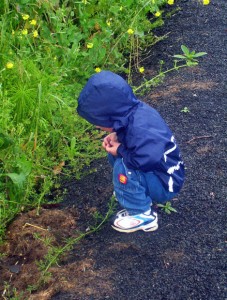
Ordinary ingredients we have on hand, like baking soda and vinegar, are science experiments just waiting to fizz. Soap and water make bubbles, hands and a flashlight create shadows. Our own bodies and five senses are science marvels. Discovering all the things a body can do is pretty exciting. Kids are highly sensory and love to play with a batch of slime or goop or even soap.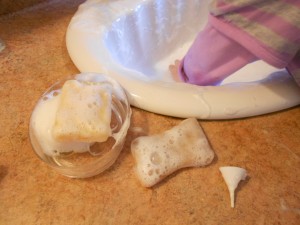
Supporting children’s curiosity will sometimes give us gray hairs but we need to make sure science is part of each child’s world. As parents and caregivers, you have both experiences and experiments to share. What are some other ways kids can be friends with science?

